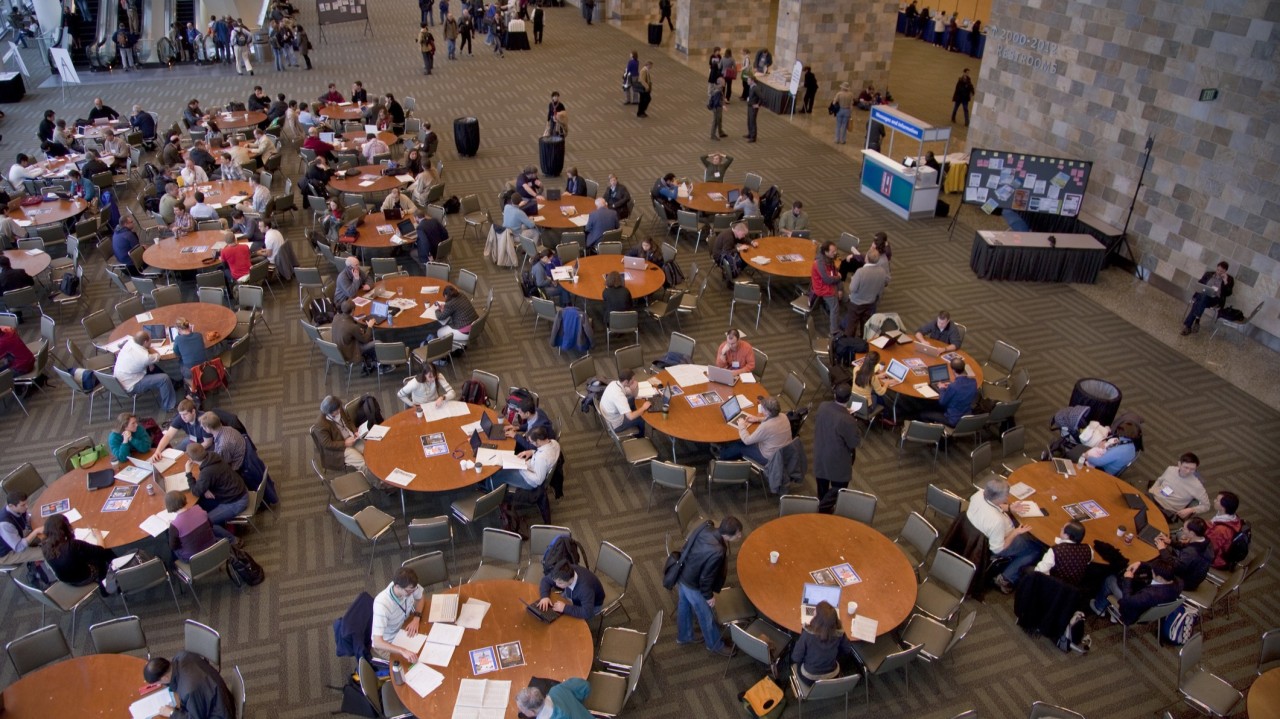 This article by Laurie Schloff originally appeared on SpeakerHub
This article by Laurie Schloff originally appeared on SpeakerHub
What will happen if you go blank on stage? Knowing the answer will help overcome fear of speaking.
Obviously, you will be struck by a lightning bolt and no one will ever talk to you again.
Seriously, even experienced speakers have moments when they look at the audience with a frozen stare and wonder:
Who are these people?
What am I doing here?
And what on earth am I supposed to be talking about?
The trick to managing your stress is to accept these uncomfortable moments and launch into “Blank-out Recovery”.
Follow these guidelines:

- Accept the blank-out. Say to yourself, “I’ve forgotten and it’s uncomfortable, but I can recover.”
- Pause and glance at your notes. It will seem like an eternity to you but not to the audience. When clients blank-out in a practice session, I always ask them afterward how long they think their silence lasted.They usually estimate recovery took 10x longer than it actually did. The glance at your notes will take a maximum of ten seconds. Trust me!
- If you have no notes, you should still pause while you figure out what you want your next topic to be. It is essential not to panic at this moment. Smile – they’ll think you’re just gathering your energy. Remember that you haven’t lost your mind, you’re just reorganizing it.
- Whether or not you have notes, you can also calmly ask the audience, “Now where was I?” because audiences are usually on your side. They don’t want to see someone be humiliated any more than you want to make a fool of yourself. Chances are someone will pipe up with the last thing you said, and you can pick up right where you left off.
Michelle, a history professor who used to write out all her lectures, was concerned about her stiff delivery.
In learning to speak from notes, she achieved a more natural speaking style but also experienced a few brief blank-outs. But she had trained herself not to overreact.
She told herself, it’s only a moment, found her next point in her notes, and the students hardly noticed that anything had happened.
Knowing what to do when she had feared actually happened was a crucial part of her dramatic improvement.



